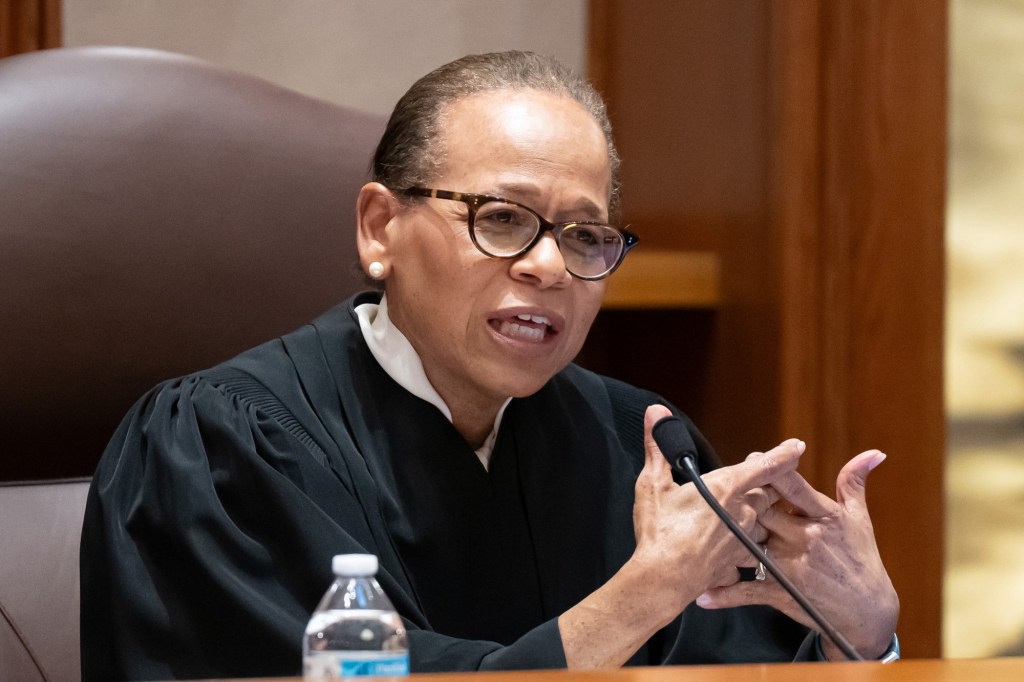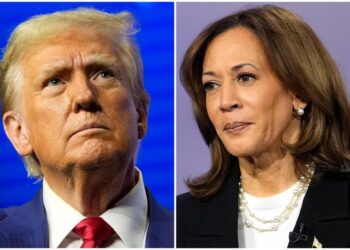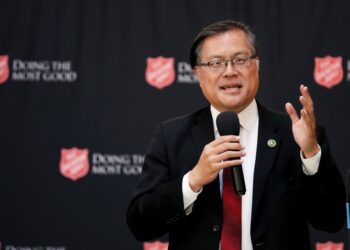Minutes into a hearing on whether Donald Trump is constitutionally barred from being president again, Minnesota Supreme Court Chief Justice Natalie Hudson jumped in with her biggest concern: There could be “chaos” if some states keep Trump off 2024 ballots while others allow him on.
“Should we do it,” she asked, “even if we could do it?”
It’s a question looming over the growing number of lawsuits seeking to disqualify Trump from another term in the White House because of his efforts to overturn the results of the 2020 presidential election. What began as a largely academic exercise a few years ago over a constitutional ban on “insurrectionists” holding office collided with reality last week as judges in Minnesota and Colorado for the first time heard evidence and arguments.
Lawyers and judges involved in these cases have signaled they believe it’s ultimately a fight for the U.S. Supreme Court to resolve. With state election officials set to finalize ballots in early 2024 ahead of primary contests, the justices soon could be thrust into the election fray.
The cases center on Section 3 of the 14th Amendment, which dates back to the post-Civil War era and prohibits someone from holding public office if they took an oath to support the Constitution and then “engaged in insurrection.” The legal fights over Trump’s eligibility post a range of largely untested questions: Can courts enforce the disqualification? Does the measure apply to the conduct of a president? Was the Jan. 6, 2021, attack on the U.S. Capitol an “insurrection” and did Trump “engage” in it?
Minnesota Voters
Ron Fein, who argued the case on behalf of a group of Minnesota voters, told Hudson that the state court didn’t have discretion to sidestep making a decision. “For better or worse,” he said, the Constitution left it to each state to manage elections. But he tried to allay Hudson’s concerns by assuring her Trump was…
Read the full article here







